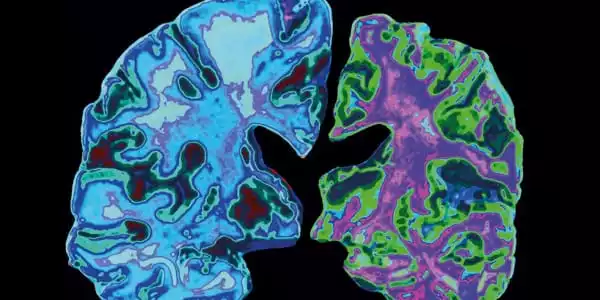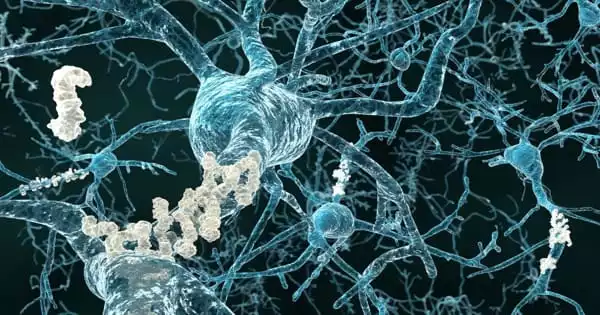Alzheimer’s disease is a brain disorder that gradually deteriorates memory and thinking abilities, as well as the ability to perform even the most basic tasks. Symptoms of Alzheimer’s disease usually appear later in life in the majority of people. Estimates vary, but experts believe that more than 6 million Americans, the majority of whom are 65 or older, may have Alzheimer’s disease-related dementia.
For years, scientists have been researching how toxic molecule buildup in the brain may cause or contribute to Alzheimer’s disease. Much more difficult has been determining what triggers the process that causes those molecules to accumulate in the first place.
According to a mouse study published last week in the journal PLOS Biology, a team of Curtin University researchers believes that “leakage” of a toxic compound called beta-amyloid from the bloodstream may be the root cause. While it is unclear whether the same process occurs in humans, the discovery may provide scientists with a new way to track or monitor the onset of Alzheimer’s disease and, potentially, aid in the development of new treatments to prevent it.
For years, scientists have been researching how toxic molecule buildup in the brain may cause or contribute to Alzheimer’s disease. A team of researchers believes that “leakage” of a toxic compound called beta-amyloid from the bloodstream may be the root cause.
“While we previously knew that the hallmark feature of people living with Alzheimer’s disease was the progressive accumulation of toxic protein deposits within the brain called beta-amyloid,” lead study author and Curtin researcher John Mamo said in a press release.
More specifically, the researchers discovered that beta-amyloid, a compound that accumulates in the brains of people with Alzheimer’s and has long been linked to the onset of dementia, is formed outside of the brain and then transported throughout the bloodstream by lipoproteins.
Alzheimer’s disease is the most common cause of dementia in older people. Dementia is defined as the loss of cognitive functioning, thinking, remembering, and reasoning, and behavioral abilities to the point where they interfere with a person’s daily life and activities. Dementia progresses in severity from the mildest stage, when it is just beginning to affect a person’s functioning, to the most severe stage, when the person must completely rely on others for assistance with basic daily activities.

Scientists have made tremendous progress in better understanding Alzheimer’s disease in recent years, and the momentum is growing. Scientists do not yet fully understand what causes Alzheimer’s disease in the majority of people. A genetic mutation may be the cause of early-onset Alzheimer’s disease. Late-onset Alzheimer’s is caused by a complex series of brain changes that can take decades to manifest. The causes are most likely a mix of genetic, environmental, and lifestyle factors. The significance of any of these factors in increasing or decreasing the risk of developing Alzheimer’s disease varies from person to person.
According to the findings of the new study, those lipoproteins tend to leak, allowing toxic compounds to enter the brain and begin to accumulate. Mice with higher levels of amyloid production also had higher levels of inflammation in the brain, implying a link between the compound and the onset of neurodegenerative disease.
“This ‘blood-to-brain pathway’ is significant because if we can manage the levels of lipoprotein-amyloid in the blood and prevent their leakage into the brain, we may be able to develop new treatments to prevent Alzheimer’s disease and slow memory loss,” Mamo added.
Before anyone can talk about new Alzheimer’s treatments, it must be confirmed that the same link exists in humans. However, Mamo suggests in the press release that specific drugs or even dietary changes could reduce the amount of amyloid in the bloodstream, potentially helping to prevent or at least delay Alzheimer’s which is significant in the fight against a particularly dreadful disease.
















